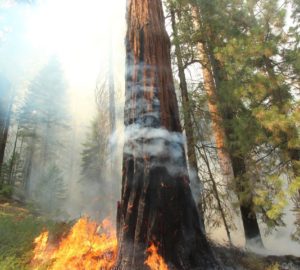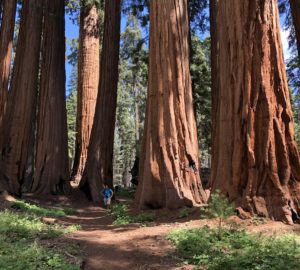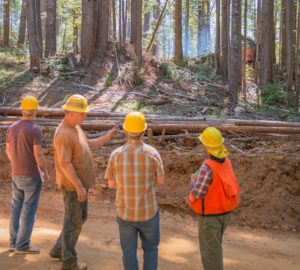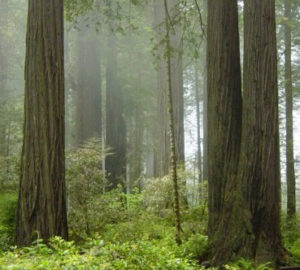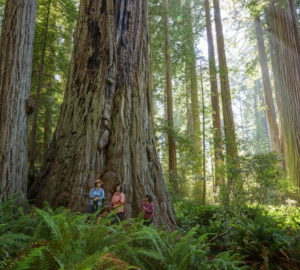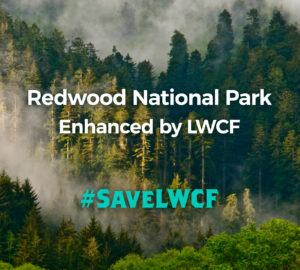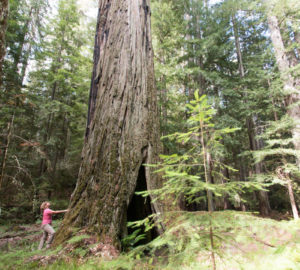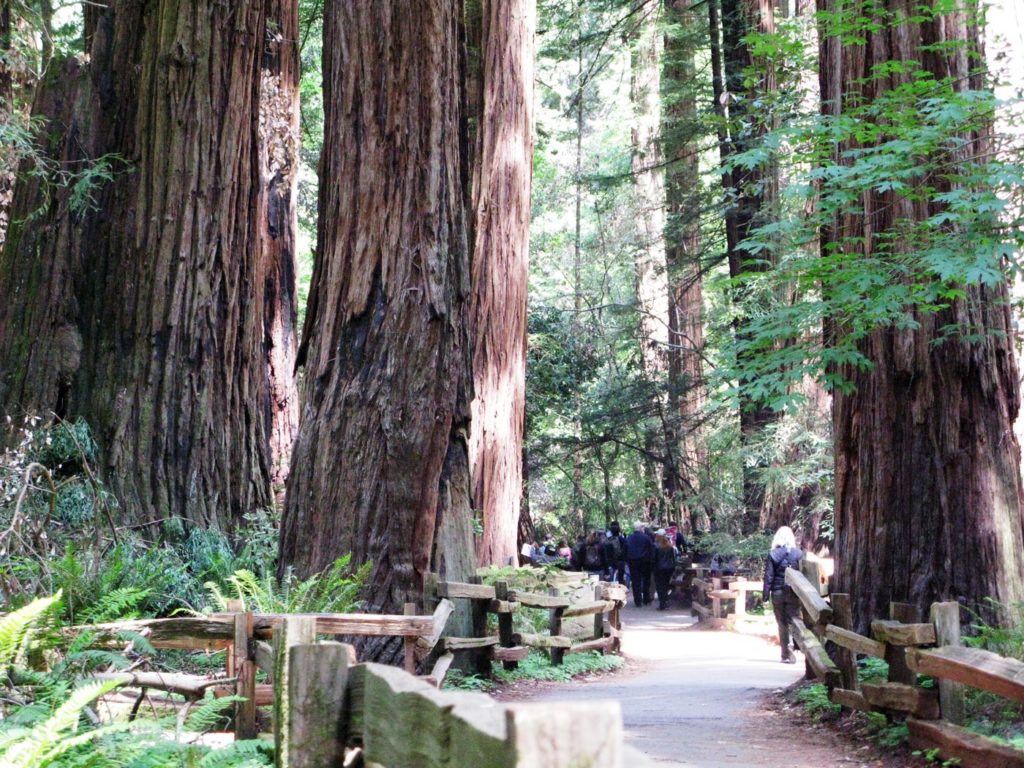
Great American Outdoors Act could have tremendous benefits to redwoods
In a major advance for what could end up being the most far-reaching conservation legislation in decades, the U.S. Senate recently passed the Great American Outdoors Act, which will lock in billions of dollars for national parks, outdoor recreation facilities, and land conservation.
The bill actually does two things: First, it allocates $9.5 billion to repair and upgrade campgrounds, trails, and other facilities at national parks and other public lands where these amenities have fallen into disrepair. Second, it guarantees $900 million a year to the Land and Water Conservation Fund in perpetuity.
A vote in the House of Representatives is expected in a few weeks, and President Trump has indicated that he will sign the legislation if it reaches his desk.
The Land and Water Conservation Fund has been one of America’s most useful and cost-effective conservation programs. Although the LWCF has long enjoyed broad bipartisan support, it was only after a concerted advocacy campaign (of which Save the Redwoods League was an active participant) that it was permanently reauthorized last year. These same advocates quickly turned to ensure continued funding.
For more than fifty years, the LWCF has served as the engine for America’s conservation and outdoor recreation movement. Without using a single taxpayer dollar, LWCF invests in our quality of life, a booming recreation economy, and our history and culture by using Outer Continental Shelf (OCS) energy revenue to conserve land and build parks.
The Fund has certainly been vital for redwood conservation. Muir Woods National Monument and Sequoia and Kings Canyon National Parks have all been enhanced by funding from LWCF. The fund also helped the League expand Redwood National Park.
When the LWCF program was created, Congress made a commitment to the American public that a small portion of OCS revenues would go to conservation and outdoor recreation programs, as an offset for the use of energy resources that belong to us all. Each year, $900 million in OCS revenues are deposited in the LWCF Treasury account to be used for projects that assist in securing hunting and fishing access, working forest protection, battlefield and historic site preservation, National Parks inholdings purchases, urban and community parks investments, and conservation of critical wildlife habitat. Unfortunately, more than half of LWCF’s annual deposits have been regularly diverted to unrelated, unspecified uses. The Great American Outdoors Act will change that forever.
California has received more than $2.4 billion in LWCF dollars over the past 50+ years, helping to build ball fields, protect forestlands, and expand access to outdoor recreation. Our iconic coast redwood and giant sequoia forests could be among the beneficiaries of this bill, helping rebuild California’s great forests to their former stature for generations to enjoy.
It’s important to note that this funding will result in real job opportunities at a time when we’re going to need that boost in a recovering economy.
Big thanks to our California Senators, Dianne Feinstein, and Kamala Harris for their leadership in helping usher the Great American Outdoors Act through the Senate. Both are cosponsors of the bill. And we’re also thankful for the work of Congressman Jared Huffman for leadership on the House version, HR 7092 — he’s also a cosponsor.


